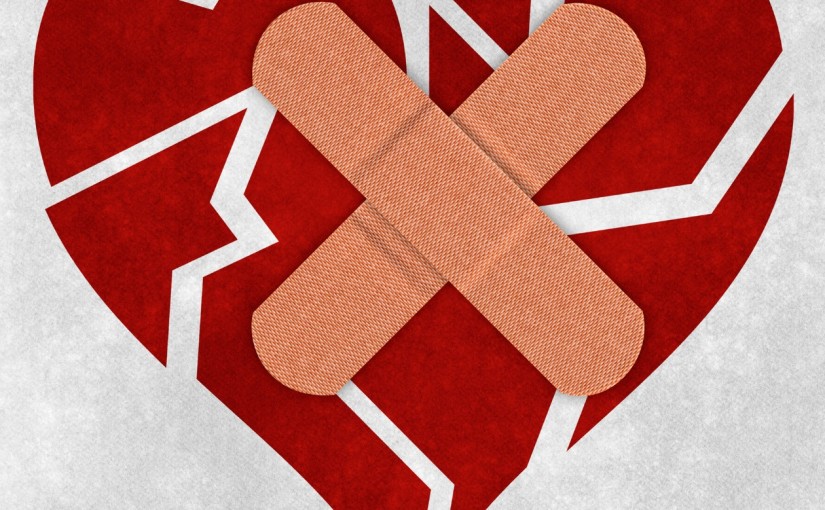When it comes to your body, nothing is more important than keeping your heart healthy. However, understanding heart health can be more than a little difficult, especially if you are a beginner to this important topic. Check out this list of heart-related terms to help you get started.
ACE Inhibitors – Medicines that are used to dilate blood vessels, lower blood pressure and fight other problems. These are also called angiotensin-converting enzyme inhibitors.
Angina – Severe pain in the chest, arm, neck, and jaw related to blocked arteries and a lack of oxygen in the heart and blood.
Arrhythmia – An irregular heartbeat which may or may not be related to something more serious.
Blood Pressure – The force exerted by the blood on the walls of the arteries. It is measured by two numbers, the diastolic pressure and the resting pressure. Traditionally, 120/80 has been considered the ideal blood pressure, but diet, stress, pain, and medication can always affect this reading.
Cardiac Arrest – A condition in which the heart has either stopped or slowed down so much that it cannot function properly. This condition leads to death within a few minutes after the victim falls unconscious.
Coronary Heart Disease – A condition related to blockages in the coronary arteries, which causes a lack of blood flow to the heart.
EKG – The short term for electrocardiograms, which are tests performed on the heart’s electrical activity. This test is a great way to find out if your heart is too large, too irregular, or if you have had a heart attack in the past. This is a painless procedure that does not take very long and can often be performed in the doctor’s office instead of at a hospital.
HDL – High density lipoproteins, or good lipoproteins. These fat and protein molecules move cholesterol through the body to the liver. When you have a lot of HDLs, your risk for heart disease decreases.
LDL – Low density lipoproteins, or bad lipoproteins. These fat and protein molecules work in the opposite direction as HDLs, and instead move cholesterol into the body’s tissues. They can cause cholesterol and plaque buildup in the heart and arteries.
Plaque – Any mass in an artery that is made of fat, cholesterol, or calcium. Plaque in the arteries can be very dangerous, and can result in severe heart disease. These blockages must be cleared away and are often replaced with a stent, which is a tube that widens the artery to allow blood flow to increase.
Tachycardia – A fast heartbeat that is natural and not caused by other factors such as caffeine intake. By itself, tachycardia is not necessarily dangerous, but it could be an indicator of a larger problem.
Troponin – A type of protein that is found in the heart and can be used to monitor heart injuries and illness in blood tests.
Vasodilator – A type of medicine used to lower blood pressure by relaxing the blood vessels.
Vasopressor – A type of medicine used to raise blood pressure when it has dropped dangerously low.

Leave a Reply
You must be logged in to post a comment.